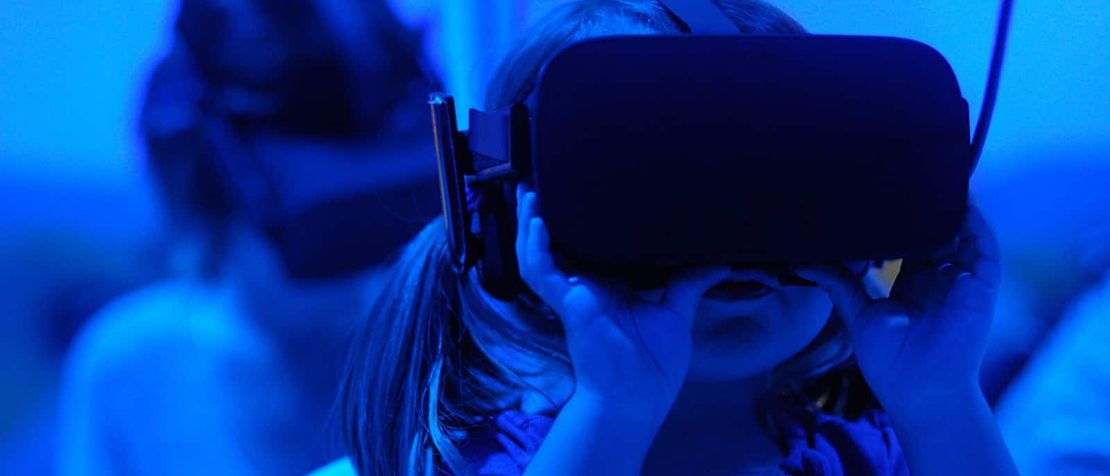
ITU Journal invites research on the future of video and immersive media
Digital technology continues to transform the media landscape.
Advances in multimedia have changed our world, revolutionizing entertainment, connecting friends and families around the globe, enriching our communications experiences and enabling major improvements in medical care and education.
But what are the prospects for the future of video?
What are the new technologies and forms of media entering the fold? How will we store and analyze our vast and growing wealth of video? How will innovations in fields such as virtual and augmented reality, video gaming and holographic video deliver highly immersive new media experiences?
And what are the new risks to be considered?
Will our increasing dependence on new media affect our ability to discern reality from fiction? How will we verify digital integrity to counteract the threat of manipulated content? And how should we think about data governance and privacy in a world almost entirely mirrored by the digital sphere?
This special issue of the ITU Journal: ICT Discoveries will share original research into the state of the art in multimedia as well as the new possibilities and associated challenges appearing on the horizon.
Submissions are invited until 11 November 2019.
< Access the Call for Papers >

ITU support for video innovation
Video will account for over 80 per cent of all Internet traffic by 2020.
The innovation of recent decades has driven a huge leap forward in video quality. Video has also become more accessible, helping people worldwide to share their stories in vivid, moving pictures. These gains in both the sophistication and accessibility of video are built on international standards.
The video compression algorithms standardized in collaboration by IEC, ISO and ITU have been honoured with two Primetime Emmy Awards, recognizing that these standards are central to industry’s ability to meet rising demand for video, one of the most bandwidth-intensive applications running over global networks.
The new ‘Versatile Video Coding’ (VVC) project launched in April 2018 aims to achieve a significant improvement in compression performance over the existing ‘High Efficiency Video Coding’ standard (HEVC, published as ITU-T H.265 | ISO/IEC 23008-2).
The development of the VVC standard is expected to be complete before the close of 2020, aiding the deployment of higher-quality video services and emerging applications such as 360° omnidirectional immersive multimedia and high-dynamic-range (HDR) video.
Watch the video to learn more about the video compression algorithms standardized by IEC, ISO and ITU.
